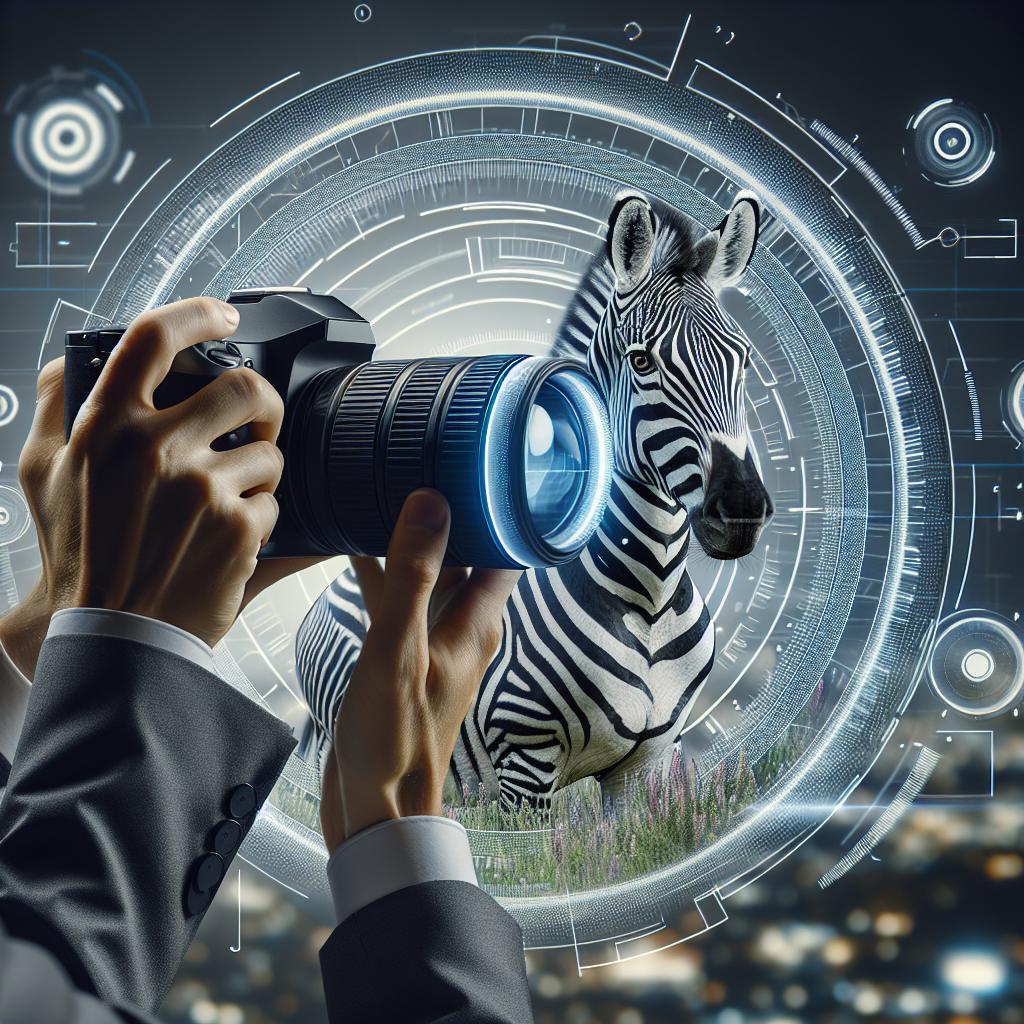The Next Big Thing in Tech: Emerging Innovations That Will Define 2025
Introduction
As we approach 2025, the landscape of technology continues to evolve at an unprecedented pace, driven by relentless innovation and the increasing integration of digital technologies in everyday life. Emerging innovations are set to redefine industries, enhance human capabilities, and reshape the way we interact with our environment. Key areas poised to dominate the tech scene include artificial intelligence (AI) advancements, quantum computing, biotechnology, autonomous vehicles, and the Internet of Things (IoT). These technologies are not only enhancing computational power and connectivity but are also promising to revolutionize healthcare, transportation, data security, and environmental sustainability. As stakeholders from various sectors invest heavily in these cutting-edge technologies, understanding their potential impacts and applications becomes crucial for anyone looking to stay ahead in the rapidly changing tech landscape.
The Next Big Thing in Tech: Emerging Innovations That Will Define 2025
As we approach 2025, the technological landscape is poised for transformative changes with innovations that promise to redefine how we live, work, and interact. The next big thing in tech is not just a single breakthrough but a confluence of several emerging technologies that are set to make significant impacts across various sectors.
One of the most anticipated advancements is in the realm of artificial intelligence (AI). AI is expected to move beyond its current capabilities into more sophisticated, context-aware systems that can perform complex decision-making tasks. These systems will not only enhance personalization in services but also drive efficiencies in industries such as healthcare, where AI can help in diagnosing diseases with greater accuracy than ever before. Moreover, AI’s integration with robotics promises to revolutionize sectors like manufacturing and logistics, where autonomous robots could undertake tasks that are hazardous or repetitive, improving safety and productivity.
Transitioning from AI, another innovation that is rapidly gaining traction is quantum computing. Unlike traditional computers, quantum computers leverage the principles of quantum mechanics to process information at speeds unfathomable with today’s technology. By 2025, quantum computing could be at a stage where it starts solving complex problems that are currently intractable for classical computers, such as simulating molecular structures for drug discovery or optimizing large systems like traffic flows in mega-cities. This leap in computational power could drastically shorten research times and improve the efficiency of a multitude of processes.
Furthermore, the Internet of Things (IoT) is set to expand its influence by connecting an even greater array of devices. This expansion is expected to be supported by the rollout of 5G networks, which will enhance IoT applications through faster, more reliable wireless connections. The result will be smarter cities and homes, where real-time data collected from numerous sensors will be used to manage everything from traffic and energy use to personal health and security. This interconnectedness promises not only greater convenience but also significant environmental benefits, such as reduced energy consumption and improved waste management.
Another area where significant progress is expected is in the field of biotechnology, particularly in genetic engineering. Techniques like CRISPR and other gene-editing technologies are set to become more refined and accessible, potentially curing genetic disorders and diseases that have long plagued humanity. Additionally, these advancements could lead to more sustainable agricultural practices by developing crops that require fewer resources and are more resistant to pests and diseases.
Lastly, the push towards sustainability is driving innovation in energy storage technologies. As the world moves towards renewable energy sources to combat climate change, the need for efficient, high-capacity energy storage solutions becomes crucial. By 2025, we can anticipate advancements in battery technology that will allow for longer-lasting energy storage, making renewable energy sources like solar and wind more viable as full-time energy solutions.
In conclusion, the technological innovations set to define 2025 are diverse and impactful. From AI and robotics to quantum computing, IoT, biotechnology, and energy storage, these advancements will not only solve existing challenges but also open up new possibilities for the future. As these technologies continue to develop and intersect, they will undoubtedly create a more connected, efficient, and sustainable world for all.
Conclusion
The next big thing in tech by 2025 is likely to be shaped by advancements in artificial intelligence, quantum computing, and biotechnology. AI will continue to integrate into various sectors, enhancing automation, data analysis, and decision-making processes. Quantum computing is expected to achieve more practical applications, potentially revolutionizing fields such as cryptography, materials science, and complex system simulation. Biotechnology, particularly through CRISPR and other gene-editing technologies, will increasingly influence medicine, agriculture, and environmental management, offering solutions for genetic disorders, crop yield improvement, and bio-based sustainability initiatives. These innovations will not only define technological progress but also address critical global challenges, driving significant economic and societal transformations.



